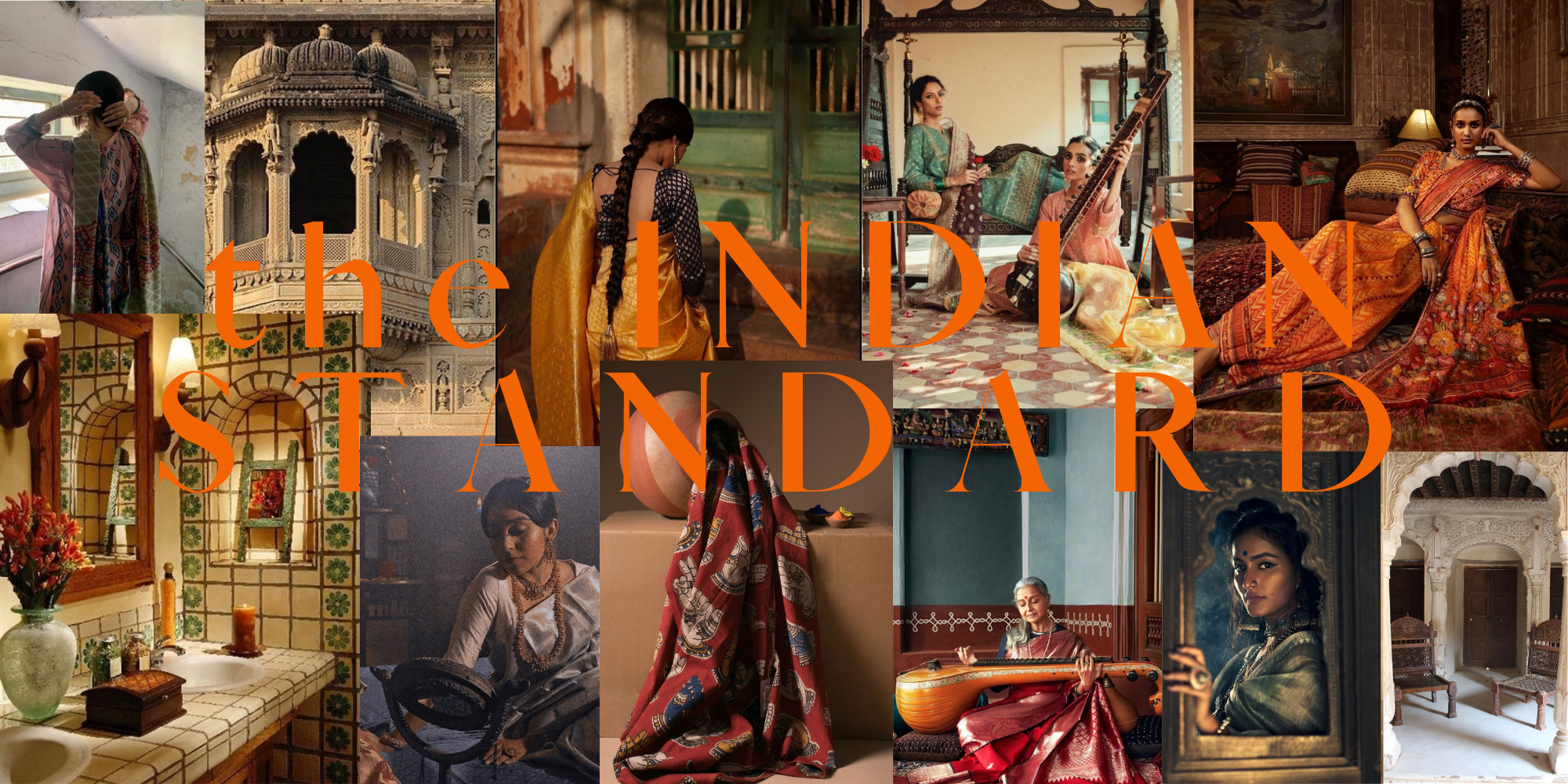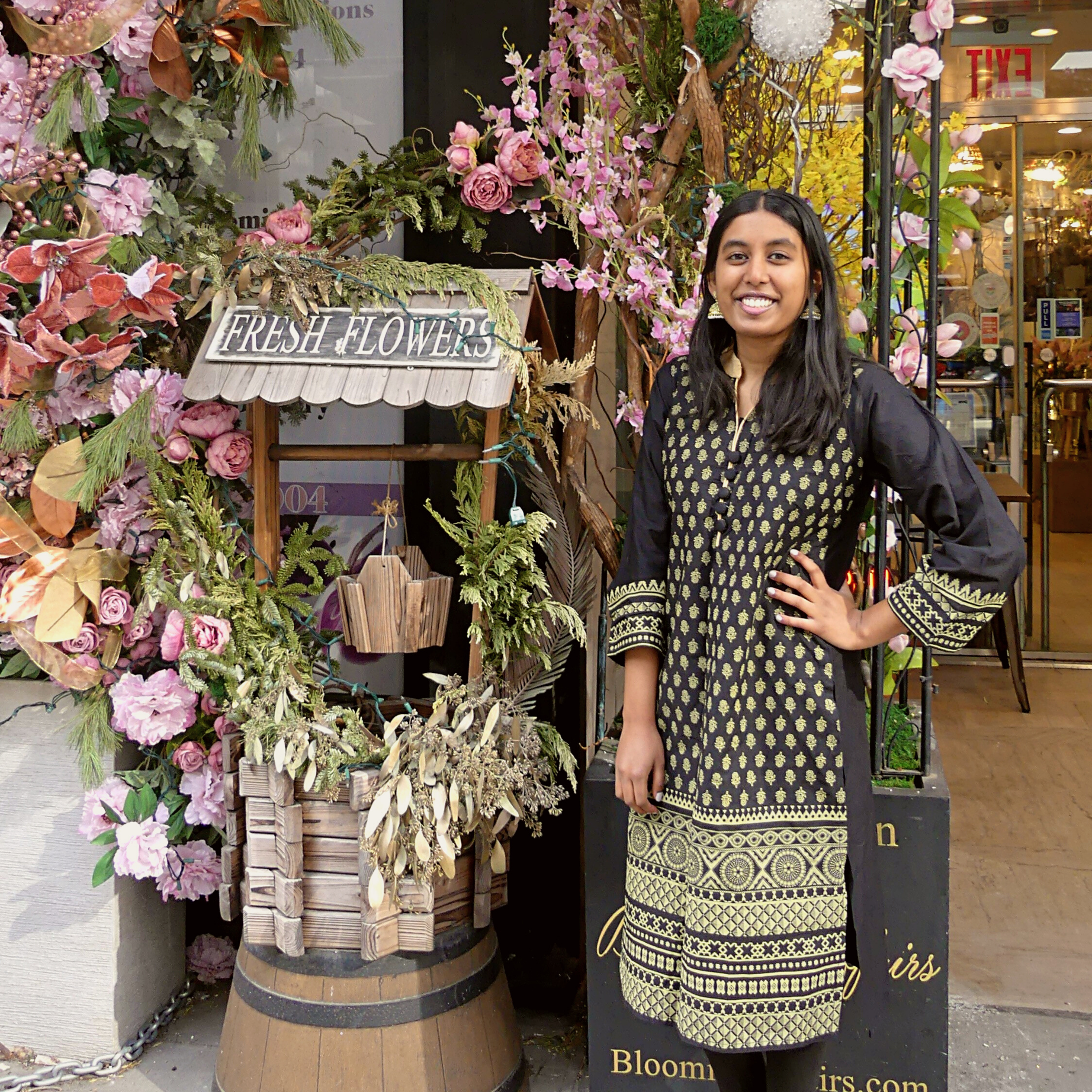
Anirudh Rajagopalan
I am a young Indian-American musical artist. I was born to Indian-origin parents in a city near Osaka, Japan. I am 24 years old and currently live in Raleigh, North Carolina. I am a music composer, director, performer, multi-instrumentalist, and vocalist. I can play as a leading artist, or as an accompanist. Since my early childhood years, I have been exposed to various kinds of Indian, Western, and world genres. I have been performing for over a decade and am a recipient of several prestigious awards. In addition, I have met and had conversations with several world-renowned musicians, most recently Academy Award and Grammy winner A.R. Rahman, and international sensations Jonita Gandhi, Haricharan Seshadri, and A.R. Ameen.

Theme Explanation: Duty
We all have goals and dreams, wishes and desires. We work towards them in the ways we know how, trip over ourselves, go backwards and forwards, and sometimes, completely unaware of what the path in front of us looks like. I often think back to when I was 18 years old, I had just made the decision to go to business school and was about to start college in the fall. I had lists and lists of things I was going to accomplish, organizations I was going to be a part of, I even researched online for hours, may I add, how best to study in college.

Aunty Jokes: We’re Laughing at Our Own Expense
The aunty stereotype is a popular trope in both Indian and Western media. These middle-aged, South Asian women are often typecast as silly and overbearing, with an unwavering desire to control others. Recent examples of this caricature can be seen in the Netflix series Mismatched, and movies like 2 States and The Big Sick. All of the mothers in these productions are shown to be loud, dramatic, and emotionally manipulative. The problem doesn't always lie within the caricature itself. Lots of people, myself included, make jokes about the funny things their family members do. The consequence of the Aunty stereotype in particular, however, is the way it perpetuates regressive ideas and ultimately pits women against each other. As we work towards creating more diverse, empowering representations of South Asians, it is important to understand the impact of this generalisation.

The Cultural Parent
The topic of discussion for this essay is the Cultural Parent - which unpacks the generational trauma of behaviors, communication, interactions, and dynamics which are passed down the generations. It is left up to parents that raise new generations, to either conform to what they know and refuse to change any unhealthy patterns; or overcome and do better to break those patterns in the best way they can for themselves and future generations. (2020, Paras).

India’s Textile Industry: A Global Impact with Environmental Consequences
The clothes you’re wearing, the fabrics in your bed sheets, and even the cloth in your curtains. Chances are, the majority of the textiles used to make these items came from India, or in some part of South Asia. India’s textile industry is one of the oldest and most established industries in the world. Second after agriculture, the textile industry is one of India’s largest sources of employment and contributes significantly to India’s growing economy. For thousands of years, India has offered the world sturdy and vibrant fabric for a low dollar cost.

Theme Explanation: Choice
You have a choice in this instance to modify your thoughts and feelings. The pathway to peace is perhaps only as complicated as we believe it is. The hoops we perceive we have to jump are constructs of our mind; we can tell ourselves that we are farther from our goal based on how we view success and our own fortitude.

Sneha’s Self Care Routine
I should first preface that the four self-care routines I’m about to list is by no means a hard-and-fast rule book on how to live life. As you will see, they are all heavily tailored to me and all of the ‘fun’ quirks my brain likes to throw at me at the most inconvenient of times. Nevertheless, I hope it finds you well and you can take something away from it.

From Your Diary: Keerthi Sekar
At the end of the day, I realized that I am going to be the person that will get myself through those tough times. It's not pessimistic, it's realistic. Our culture stresses on being with your communities or surrounding yourself constantly around other people but oftentimes going through things as an individual is a lot more powerful when it comes to being able to truly understand what you're comfortable with and what you believe in.
